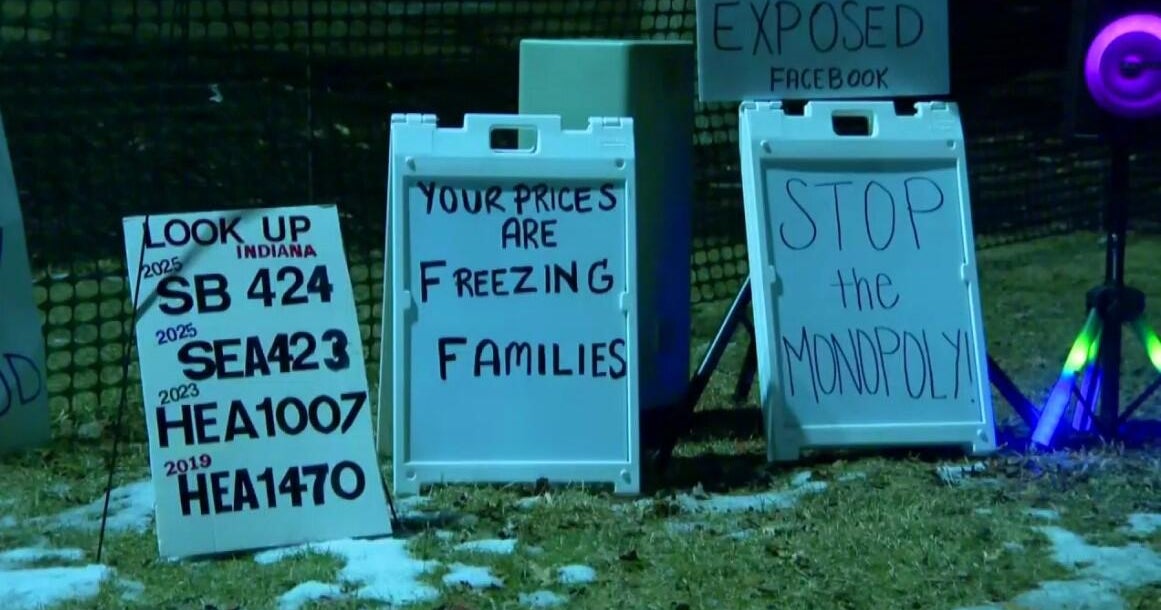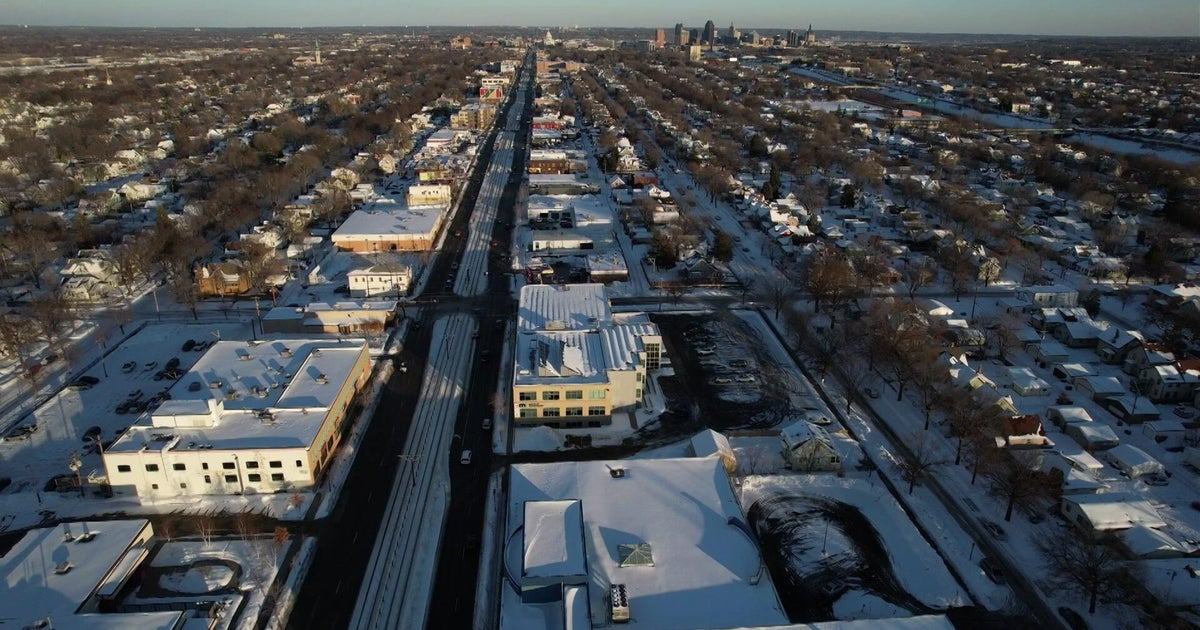Study: Weak Dollar, Not Demand, Fueling Higher Gas Prices
LOS ANGELES (CBS) — As gas prices continue to hover around the $4-per-gallon mark ahead of the summer travel season, a congressional panel on Thursday said drivers can blame a weaker dollar — and not high demand — for the pain at the pump.
The study by the congressional Joint Economic Committee (JEC) entitled "The Price Of Oil And The Value Of The Dollar" found that the dollar's steady decline accounts for 56.5 cents of the current average gas price of $3.963 per gallon.
In other words, if the dollar had retained its pre-recession 2008 value, the average price of gasoline would be $3.40 per gallon, instead of the current national average of over $3.93 per gallon.
Lawmakers pointed to recent monetary policy by the Federal Reserve, the U.S. central bank, and the dollar's inverse correlation to the recent surge in crude oil prices.
"Since the Fed launched its program of quantitative easing in late November 2008, the value (trade-weighted) of the U.S. dollar has declined 14 percent," according to study authors Republican congressman Kevin Brady of Texas, vice-chair of the bipartisan committee, and Republican staffers.
By comparison, the study pointed to a slower rise in oil prices in Canada (96 percent) since the end of 2008, while the price of oil here in the U.S. has jumped by 150 percent — a discrepancy that, according to the study, can only be explained by the devaluation of the greenback.
"The value of the unit of exchange, in this case the dollar, plays an important role in determining the "headline" price for the underlying commodity", the authors wrote.
Visit the House.gov website to read the entire study.







